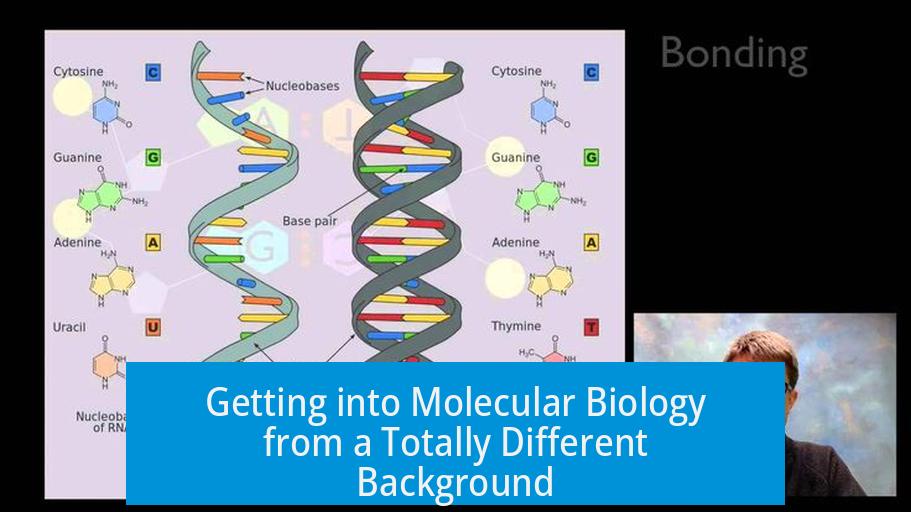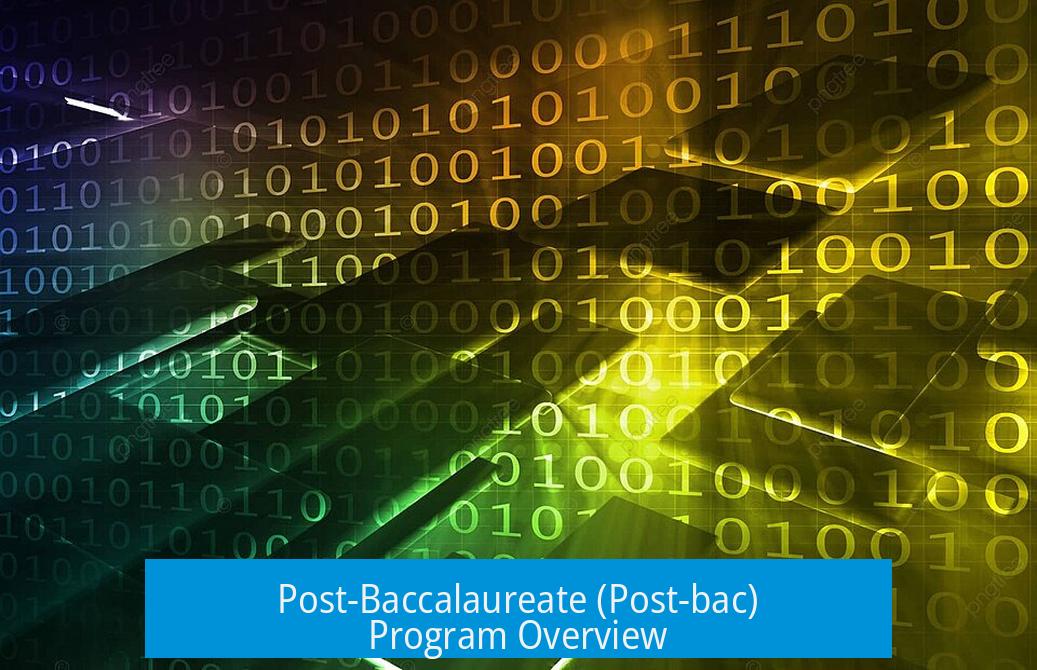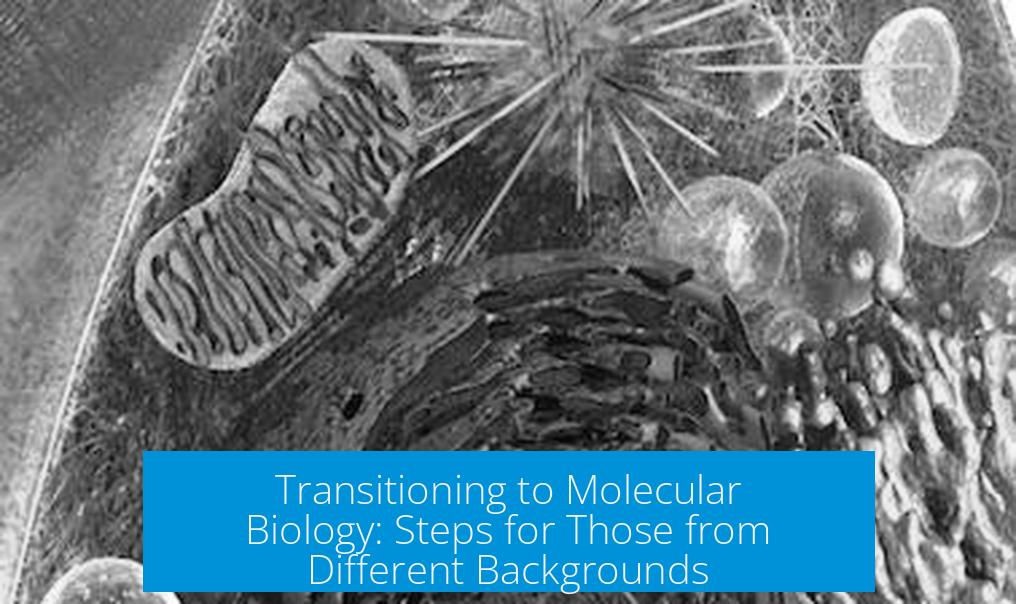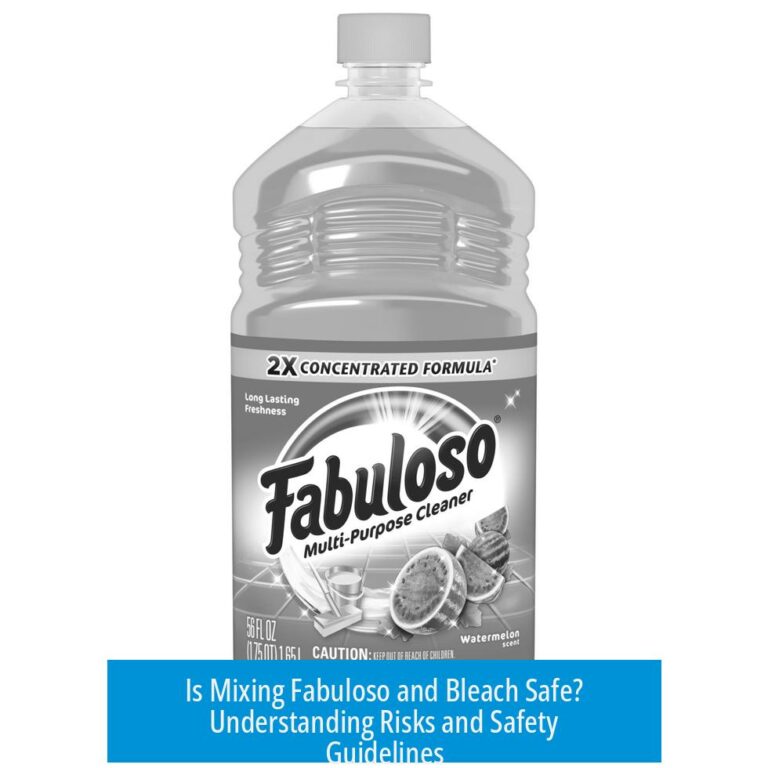Getting into Molecular Biology from a Totally Different Background

Transitioning into molecular biology from a non-related field demands significant educational preparation, a clear understanding of the job market, and a readiness to face both theoretical and practical challenges. This process involves completing prerequisite courses, potentially enrolling in a post-baccalaureate program, and committing to advanced degrees to enhance employability in a competitive field.
Educational Pathway to Molecular Biology
Post-Baccalaureate (Post-bac) Program Overview

A common entry route for those shifting careers is a post-baccalaureate or post-bac program. This pathway entails enrolling in a university to earn credits in molecular biology or related disciplines without undertaking another full undergraduate degree. Typically, this takes 1 to 2 years, allowing students to gain essential coursework before progressing to a Master’s program directly.
- Post-bac programs focus on foundational molecular biology courses and laboratories.
- They are designed to prepare students with unrelated backgrounds for graduate-level study.
- These programs typically lead to eligibility for Master’s programs in molecular biology or related fields.
Prerequisites and Time Commitment
Before enrolling in a molecular biology Master’s, students must complete several prerequisite courses. This effort usually spans at least two years of full-time study, covering:
| Course Type | Typical Duration |
|---|---|
| Chemistry (often General and Organic) | 4 semesters |
| Biology (including cell and molecular biology) | 3 semesters |
| Physics | 2 semesters |
| Mathematics (up to Calculus II) | 2 semesters |
These courses include lab components which demand intense hands-on work and time. Balancing these demanding labs with any job is very challenging due to the workload and memorization required.
Job Market and Degree Value in Molecular Biology
Advanced Degrees Are Essential
Having only a Bachelor of Science (BS) in molecular biology generally limits job prospects. Approximately 70% of life science professionals currently working possess at least a Master’s degree. Hence, obtaining an advanced degree significantly increases competitiveness.
Employment Challenges and Geographic Factors
Even with a Master’s, underemployment occurs for roughly half of graduates. Many life science jobs concentrate in specific research hubs such as San Francisco, Boston, and San Diego. These cities have a high cost of living, which affects the real value of salaries, making relocation a financial consideration.
| City | Approximate Salary | Equivalent Salary in Lower Cost Areas |
|---|---|---|
| San Francisco, Boston, San Diego | $70,000/year | $35,000/year |
Job seekers must weigh salary against living expenses carefully.
Background Preparation and Difficulty Level
Significance of Prior Biology and Biochemistry Knowledge
Entering molecular biology requires solid biological and biochemical fundamentals. Students returning from other fields or with lapsed knowledge might struggle with core concepts at the graduate level. Refreshing these areas before or during transition is key.
Learning Molecular Biology Theory and Lab Work
Laboratory skills often transfer more smoothly even for beginners. The conceptual theory, however, especially the study of molecular interactions, presents complexity. Understanding the behavior of molecules at a small scale demands dedicated study and can be difficult initially.
Experiencing Challenges in Transition
Consider a person with a Master’s in marine science focused on ecological interactions, who shifts to molecular ecology. Despite expertise in large-scale biological systems, the molecular approach challenges biochemistry knowledge. This example highlights how molecular biology requires a specialized, detailed understanding.
Encouragement and Feasibility
While the transition is demanding, it is feasible for motivated individuals. Commitment to extensive reading and active study can bridge knowledge gaps. With persistence, students from diverse backgrounds can succeed in molecular biology.
Summary: Key Points for Transitioning into Molecular Biology
- Post-baccalaureate programs offer a focused path into molecular biology without a full second degree.
- Prerequisites involve rigorous coursework in chemistry, biology, physics, and math, typically requiring two years full-time study.
- A Bachelor’s degree alone often limits job opportunities; a Master’s is usually necessary to be competitive.
- Many molecular biology jobs cluster in high-cost research hubs, impacting salary value and requiring relocation.
- Strong prior knowledge in biology and biochemistry is essential; theory can be challenging, lab skills easier to adopt.
- Transitioning demands serious study and time but is achievable with dedication and proper planning.
What is a practical educational route to switch into molecular biology?
Enrolling in a post-baccalaureate program helps. It lets you take key courses in 1-2 years before moving onto a master’s degree in molecular biology.
How much time and effort are needed to meet the prerequisites?
Expect at least two years of full-time study. You must complete sequences in chemistry, biology, physics, and calculus. Labs and study load are intensive, leaving little room for work.
Is a bachelor’s degree enough to get a good job in molecular biology?
No. Most jobs require at least a master’s degree. About 70% of life science workers hold this advanced degree to stay competitive.
Where are molecular biology jobs mostly found and what about salaries?
Jobs cluster in hubs like San Francisco and Boston. These cities have high living costs, making salaries feel lower than in typical locations.
How hard is it to learn molecular biology without prior biochemistry knowledge?
The theory can be tough since it involves molecular interactions. Catching up on biochemistry is key, but lab skills may be easier to acquire with practice.





Leave a Comment